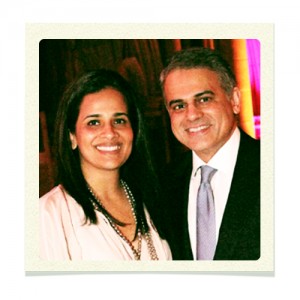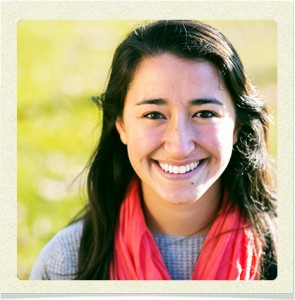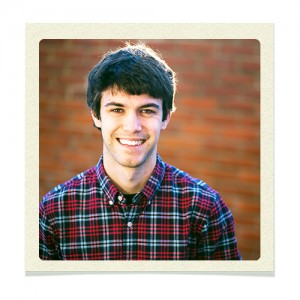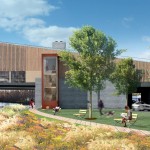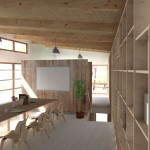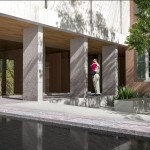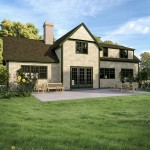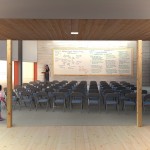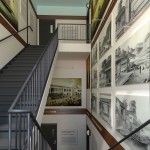Sujatha Menon Zafar ’94
It clicked for me when…
I realized I was part of Middlebury’s extended family… which was always there when I most needed it.
I came to Middlebury from India, so every one of my wonderful first experiences as a freshman felt like “Midd clicked for me”—incredible friendships; meeting my husband, Kashif; amazing classes and professors.
It was only after I graduated and started experiencing life outside of Midd that I developed a strong sense of what it meant to be part of Middlebury’s family—truly an extended family that was always there when I most needed it.
As a recent grad in ’94, I joined a training program at a New York bank. I went to work every day hating what I did, feeling exhausted, trapped, and utterly hopeless. Headhunters told me they could not guarantee my visa extension if I left the bank. And at that time very few firms considered sponsoring international students.
In desperation, I turned to the Midd alumni network, thinking it was a long shot. I will never forget sitting with Rich Pounder ’67 at BBDO’s headquarters in New York, discussing how much we both loved going to Middlebury and why advertising might be the right profession for me. The connection was instant. The stars were all aligned in my favour and Rich made it happen. Within weeks, with Rich’s guidance and recommendation, I had landed my dream job and the correct visa extensions.
The sheer magnitude of what Rich had done, the humility and warmth he exuded, and his love for his alma mater have always stayed with me. Wherever you are Rich Pounder, thanks! You made the Midd experience “click” for me.
Kashif Zafar ’92
It clicked for me when…
I was riding up to Burlington for an “all you can eat” Indian buffet.
It was the summer of 1989, after my freshman year.
I grew up in Pakistan and came to Middlebury on a very generous financial aid package. As a skeptic, I had pondered why a small liberal arts college in Vermont would give a kid from Pakistan such a generous “need-based” financial aid package. What was in it for Middlebury?
Most of the students who stayed on campus to work that summer were foreign financial aid students, but there were also a few Americans. We lived in the A-frames and became a close group.
One Saturday, an American friend drove several of us into Burlington for an Indian restaurant’s ridiculously cheap “all you can eat” buffet.
I realized that I was sitting in the back seat with an Indian guy and a Chinese guy while a Russian guy sat in the front with the American driver. Suddenly it hit me that Middlebury had brought us together at such great expense because the College had the audacity to think big and an ambition to create a global community on its campus.
The car ride and lunch turned into an open discussion about issues facing our respective countries during what turned out to be the last legs of the Cold War.
The last 25 years have seen Middlebury transform itself into a top-tier liberal arts college and much of the credit goes to the audacity and ambition College leadership has continued to show along the way.
